Dhaka, Oct 21 (V7N) - October 2025 may be remembered as a month of fear and devastation in Bangladesh. A series of fires engulfed Dhaka’s Mirpur, Chattogram's Export Processing Zone, (CEPZ) and the highly secured Hazrat Shahjalal International Airport. Each incident, occurring in a different region, has left the nation questioning whether these were mere accidents or deliberate acts of sabotage. The events have triggered widespread fear, outrage, grief, and helplessness among citizens.
Mirpur’s Shiyalbari area, once a bustling hub for workers, became the site of a sudden fire in a seven-story garment factory at noon. Nearly three hundred workers were inside when the flames quickly spread to the upper floors. Chemical substances, rolls of fabric, and sewing machines combined to create a scene of sheer horror. The intensity of the fire caused windows to shatter, trapping many inside.
Worker Farzana Akter escaped by breaking a window and jumping outside. Later, hospitalized and in tears, she recounted, “Nasrin Apa was beside me. When the fire approached, she told me, ‘Jump, I cannot make it.’ After that, I never saw her again.” Similar accounts are now widespread throughout Mirpur’s neighborhoods. Fire service units, a total of fifteen, worked tirelessly for ten hours before bringing the fire under control. By then, at least twenty-one bodies had been recovered from the rubble, and over one hundred workers were injured.
Local residents protested in the aftermath, demanding answers. They questioned why safety protocols in factories remain weak and why chemical warehouses are located near residential areas. One resident said, “The chemical smell is noticeable every day. Everyone knows chemicals are stored here, yet no one says anything.”
A more alarming fire struck Chattogram's Export Processing Zone at around 3 pm on a Thursday. The blaze broke out at Adams Cap House, a clothing manufacturing facility. Initially perceived as minor, the fire quickly escalated, consuming the entire eight-story building. Fire service teams took nearly seventeen hours to bring the blaze under control. Fortunately, all workers were evacuated, preventing fatalities, though dozens were treated for smoke inhalation and heat exposure.
Locals in Chattogram described the incident as negligence rather than mere misfortune. A former factory inspector noted, “The fire alarm system in this factory was non-functional, which was the core problem.” Workers confirmed, “When we saw the fire, the emergency exits were locked.” Fire safety engineer Sohel Ahmed analyzed the incident, stating, “It cannot be confirmed that this fire was purely accidental. Coupled with the recent major fire in Dhaka, it raises serious doubts.”
Two days later, at approximately 2:30 pm on Saturday, a fire erupted at the cargo handling area of Hazrat Shahjalal International Airport in Dhaka. CCTV footage showed the fire starting in a cargo zone, quickly spreading to packages, wooden pallets, and other flammable materials. Firefighters rushed to contain the blaze, but by then, losses had reached millions of dollars. Several cargo consignments prepared for export were completely destroyed. Fires in the airport’s interior are extremely rare in Bangladesh’s history.
A passenger present at the scene said, “I saw smoke rising as I stood at the terminal. Everyone was running. It was like a scene from a movie.” An airport security officer, speaking on condition of anonymity, said, “We have training, but our equipment is insufficient for such situations.”
The airport is one of Bangladesh’s most secure locations, with regular military, aviation security, police, and customs patrols. That a fire occurred in such a high-security area raises serious questions about security lapses.
Public reaction has been a mixture of fear, disbelief, and outrage. Many people say, “Nothing in the country is safe anymore.” Social media platforms are filled with debates; some blame government failure, while others suspect a deliberate conspiracy timed ahead of upcoming elections. Political analyst Professor Anisuzzaman said, “When a country’s administrative system is weak, the line between accident and sabotage blurs. What we are witnessing now is an alarming state of uncertainty.”
Experts note similarities among the three incidents. All occurred between midday and late evening, and flammable materials were present in each case. Safety systems were weak, fire-fighting equipment was either non-functional or unused. Some observers suggest these incidents may be part of a “planned disruption” intended to instill fear, destabilize administration, and erode public trust in the government.
Meanwhile, authorities maintain that these were accidental fires. But public skepticism remains: three major fires within one week, in the capital, a port city, and an international airport—could this be coincidental?
Families of the deceased remain devastated. One mother, who lost her only son, tearfully recalled, “He told me in the morning, ‘I will return early today, mother.’ He never came back.” Her words echo the grief of countless families across the nation.
Economically, the combined impact of these fires exceeds billions of takas. Export operations have suffered, industrial production has been disrupted, unemployment has increased, and investor confidence has shaken. On an international scale, Bangladesh’s industrial safety record has come under scrutiny.
A fire service officer, speaking anonymously, said, “No matter how hard we try, if buildings and warehouses are not constructed according to regulations, controlling fires becomes nearly impossible.” Security analyst Colonel (Ret.) Riazul Karim added, “If these were deliberate acts, it constitutes a serious threat to national security. An attack at the airport would send major international alarm signals.”
The timing of these incidents, just ahead of national elections, adds a political dimension. Fear and suspicion among citizens, pressure on the government, and international attention together indicate an unstable environment. Administrative inefficiency, negligence, and potential sabotage could have severe political and economic consequences.
Bangladesh now stands at a critical juncture. The fires have not only destroyed property but have eroded public trust, government credibility, and the foundation of national stability. Each flame seems to call out: accountability is overdue.
The country faces two paths: one is transparent investigation, strict safety policies, and restoration of public confidence; the other is blame-shifting, neglect, and a slide into further crisis. This series of fires asks a stark question: “Are we safe?”
END/SMA/AJ/



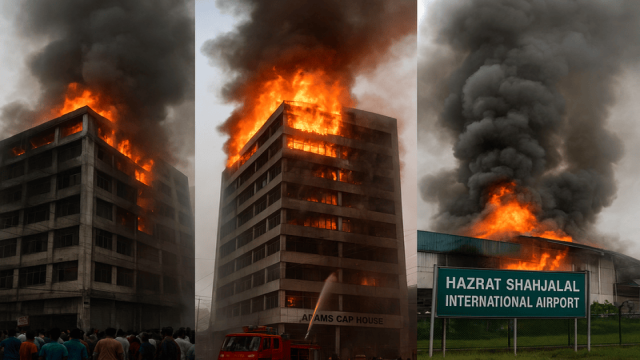




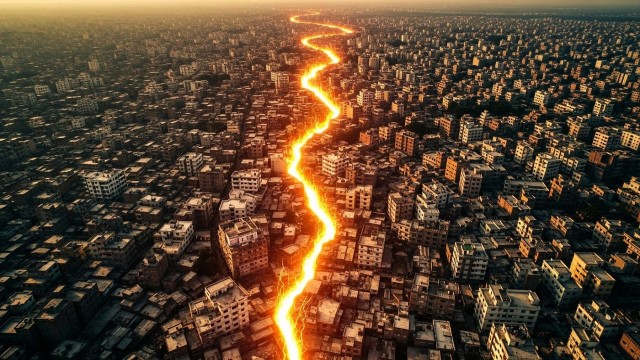
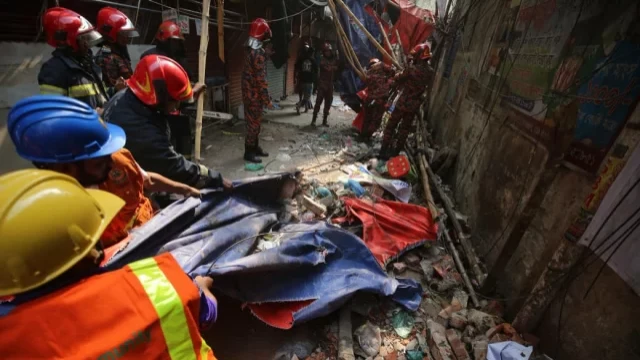
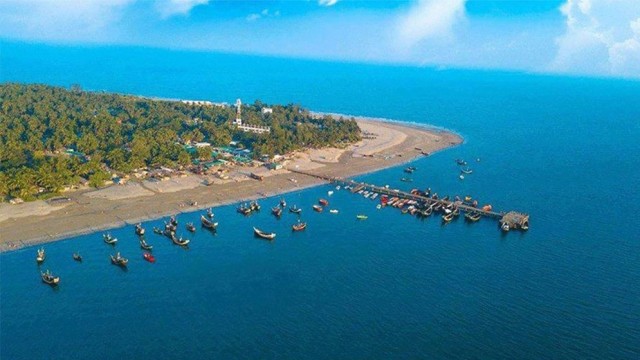
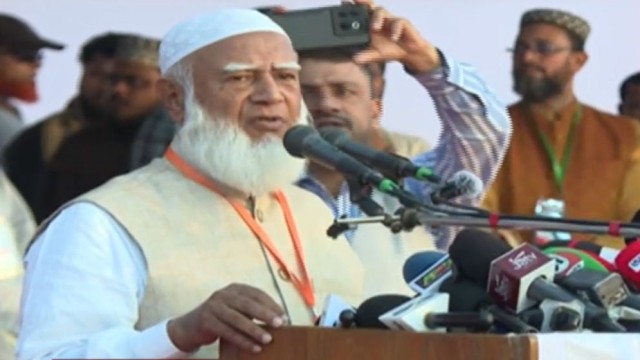

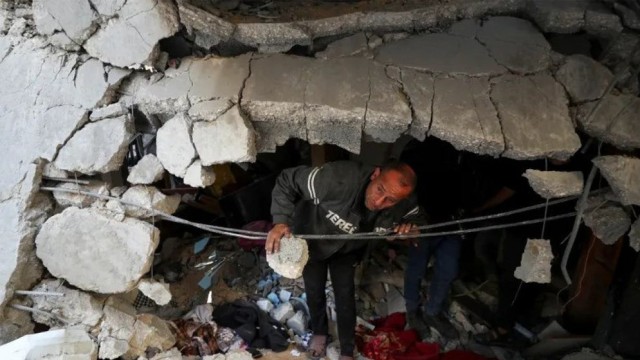



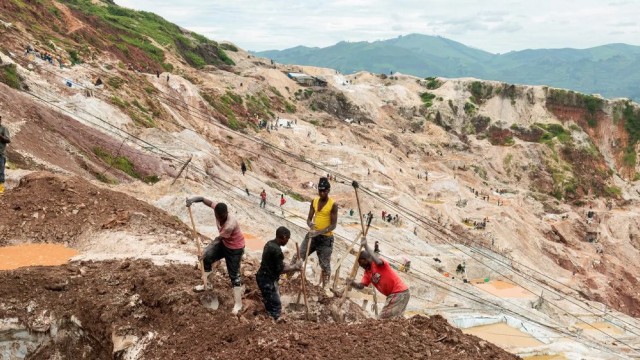

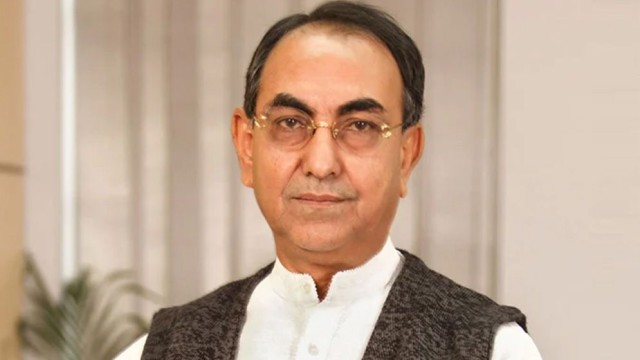


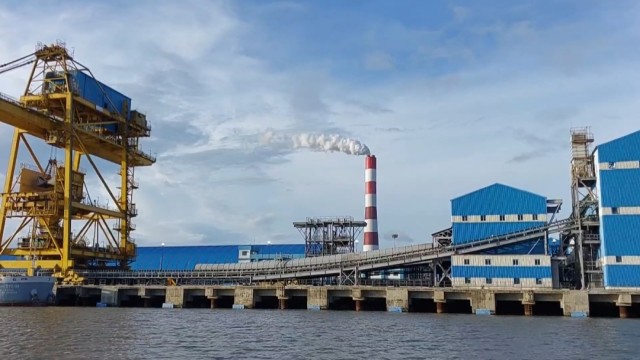


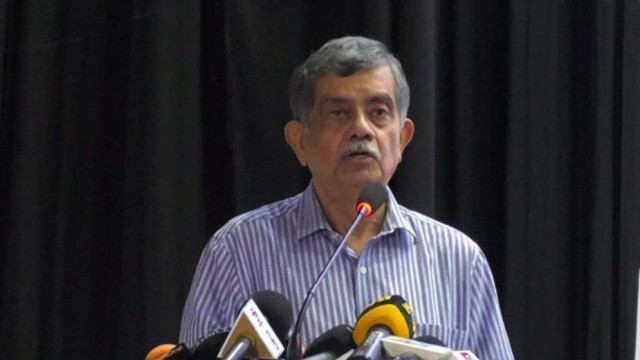



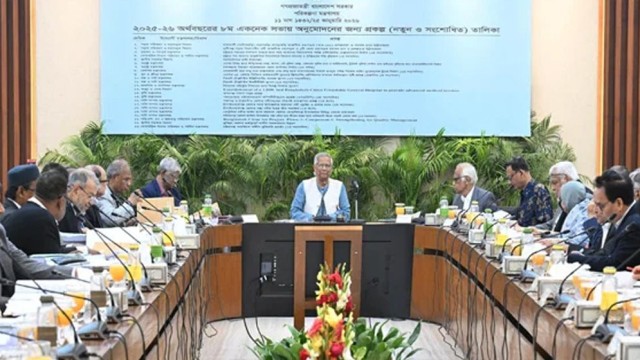

Comment: